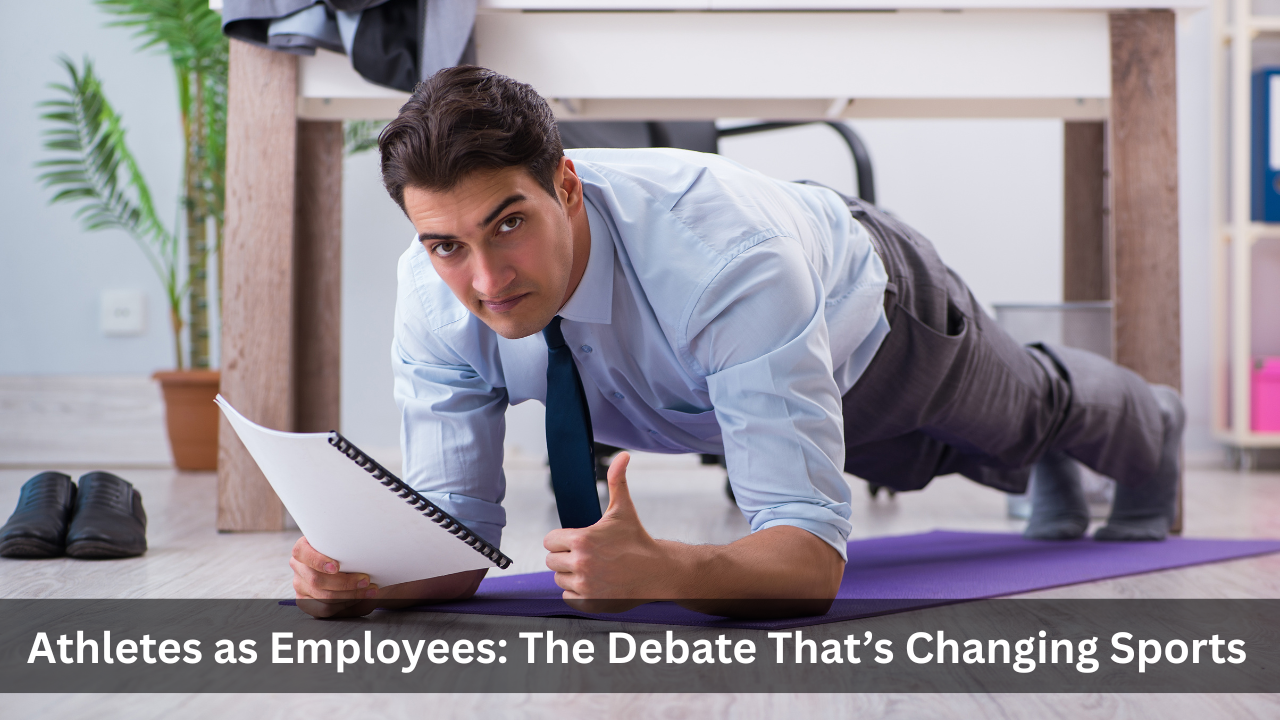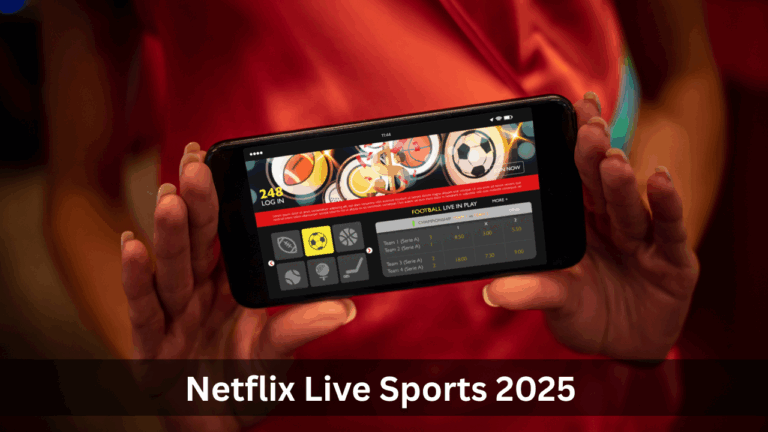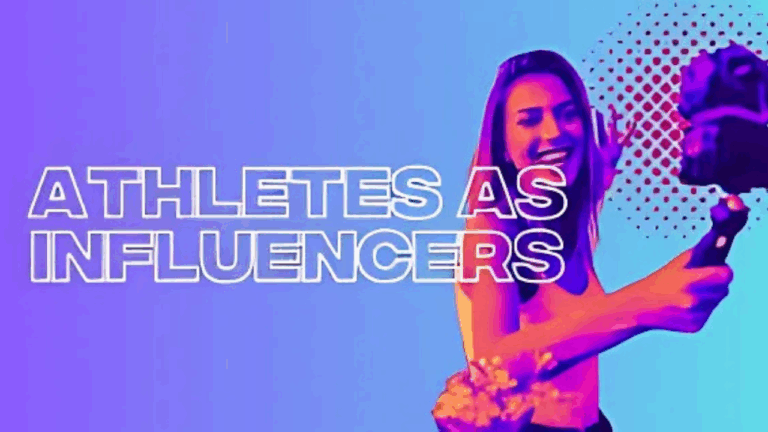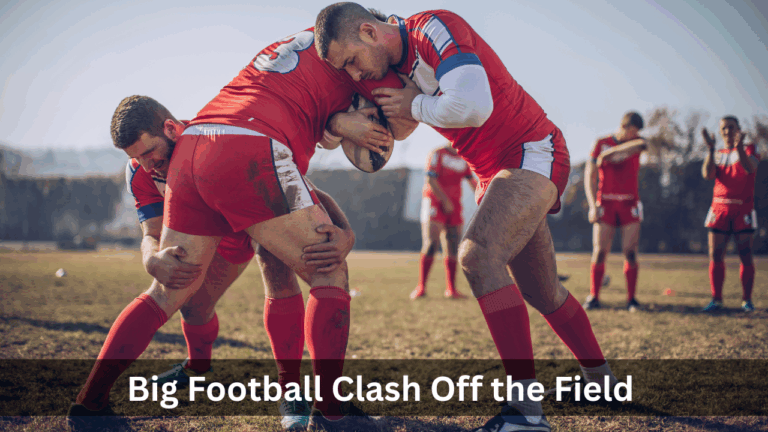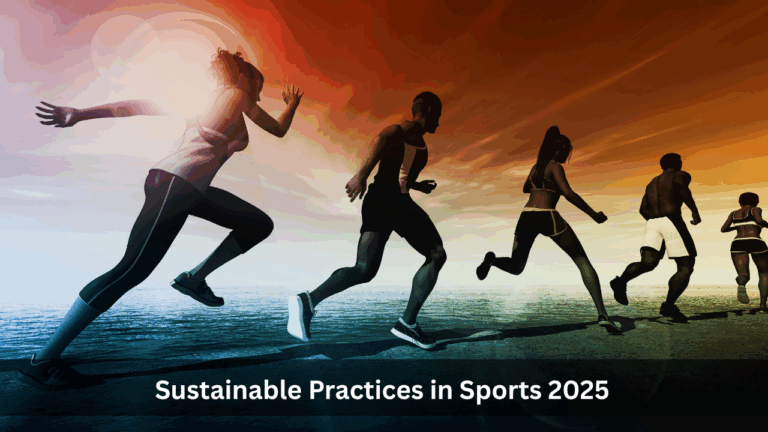Athletes as Employees: The Debate That’s Changing Sports
The world of sports is not just about playing games anymore — it’s also about contracts, money, and now, a serious legal question: Should athletes be treated as employees? This debate is heating up around the world and even gaining attention in India.
In this blog, Scoopearth explains why this discussion matters, what it means for players, and how it could impact the future of sports.
What’s the Debate All About?
Most professional athletes sign contracts. But in many cases — especially in college or amateur sports — athletes don’t have the same rights as regular employees. They don’t get fixed salaries, job security, or benefits like insurance.
Now, players and experts are asking:
If athletes bring in money and work full-time to perform, shouldn’t they get employee status and protection?
The Global Story
This issue became big in the U.S. when college athletes started speaking up. Many of them play for universities that make crores through TV rights, merchandise, and ticket sales — but these athletes weren’t getting a share.
Recently:
- Some universities began sharing revenue with players.
- Courts started reviewing cases to decide if athletes legally count as workers.
- NIL (Name, Image, Likeness) rules now allow players to earn through ads and sponsors.
Clearly, the line between “student” and “employee” is getting blurry.
What’s Happening in India?
In India, things are a bit different but the questions are similar.
Many top athletes are supported by:
- Government jobs (like Railways or Public Sector Units)
- Sports federations
- Private leagues (like IPL, ISL, Pro Kabaddi)
But there’s no single rule across all sports. A few key points:
- Some players get contracts, others don’t.
- There are no set labor laws for athletes.
- Athletes don’t have a union to protect their rights.
This means if a player gets injured or dropped from the team, there’s little job security.
Pros of Treating Athletes as Employees
- Fair pay: Athletes will get salaries and benefits like health coverage.
- Legal rights: They can ask for compensation if injured or unfairly removed.
- Collective voice: Players can form unions and negotiate better terms.
Cons of This Model
- Cost issues: Small sports teams may not afford regular salaries.
- Amateur charm may fade: Sports could become more like business and less like passion.
- Complex management: Different sports have different needs — one rule may not fit all.
So, What’s the Future?
The truth is — change is coming. Athletes today are not just players. They are brands, influencers, and big earners for leagues and sponsors.
If they are working like professionals, it’s fair to ask — why not treat them like employees too?
Countries like the U.S. are already making changes. India may take longer, but the conversation has started.
Final Words
Athletes give their best to the sport and fans. It’s only fair that they get respect, rights, and support like any other working person. Whether you call them employees or not, their efforts deserve protection.
To stay updated on trending sports debates and real stories from the world of athletics, follow World News and also check out our trusted partner Scoopearth for more deep dives into sports and social issues.

